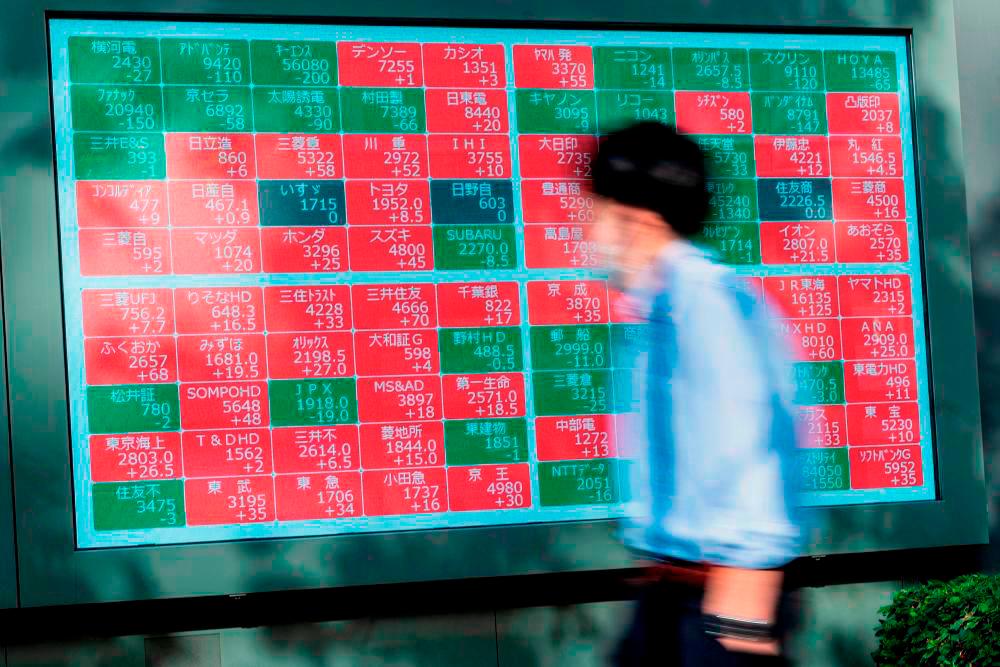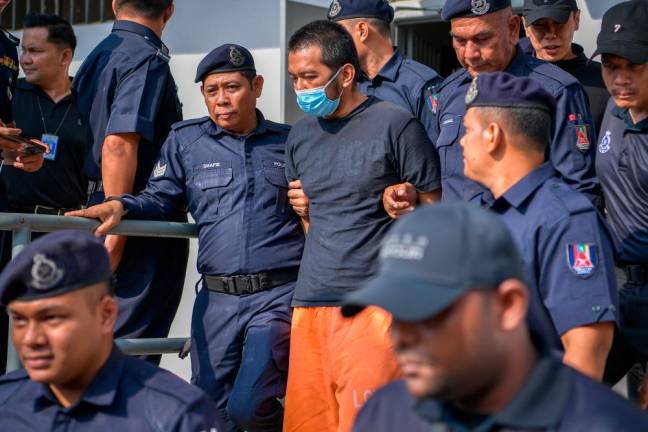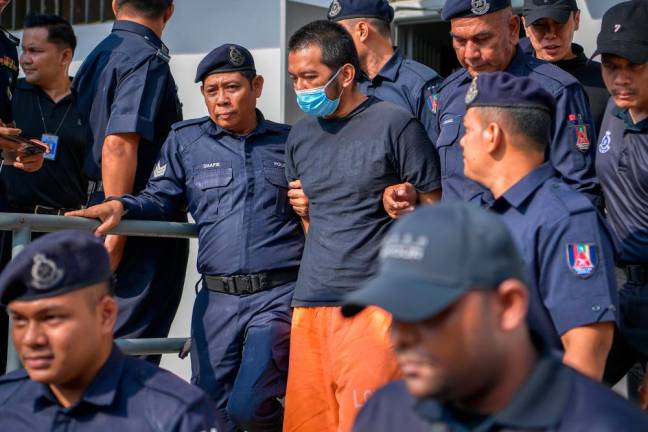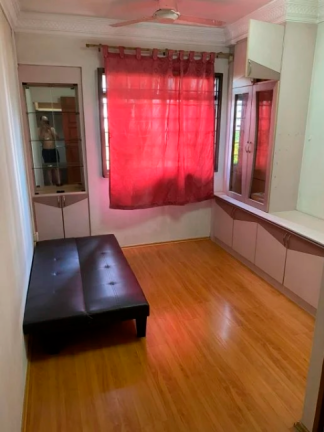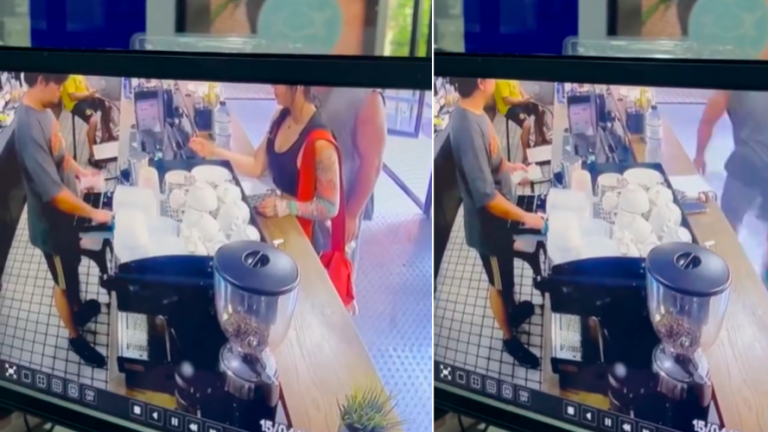HONG KONG: Asian markets mostly fell Monday as investors kept a wary eye on the talks to raise the US debt limit to avert a “catastrophic” default.
There has been some progress on reaching a deal but Democrats and Republicans remain at loggerheads, though President Joe Biden said he was confident the debt ceiling will be raised.
Republicans are demanding budget cuts in exchange for lifting the limit, while the White House has insisted for months that the nation's credit should not be up for negotiation.
There is a general view among traders that the two sides will hammer out a deal, though some observers warn that the mere threat of a default was weighing on market sentiment.
Meanwhile, the Congressional Budget Office said there was a “significant risk” that the United States could default by June 15 if there is no deal.
Deputy Treasury Secretary Wally Adeyemo told CNN on Sunday: “If Congress failed to raise the debt limit by the time of default, we would go into a recession and it’d be catastrophic.
“The United States of America has never defaulted on its debt -- and we can’t.”
The uncertainty weighed on Wall Street, with all three main indexes ending in the red on Friday, and Asia mostly followed suit.
Hong Kong, Shanghai, Sydney, Seoul, Singapore, Taipei, Manila and Wellington were all down, though Tokyo and Jakarta edged up.
“While some investors remain complacent about this risk, others had noted parallels between the current divided political environment... and the situation in 2011, when a political standoff over the debt ceiling caused the S&P 500 index to fall 17 percent in July, early August,“ said SPI Asset Management’s Stephen Innes.
And Audrey Goh at Standard Chartered Wealth Management Group added that the outlook for equities was gloomy.
“There’s quite a fair bit of ongoing risk in the market,“ she told Bloomberg Television.
“The debt ceiling talks are still in the making, at the same time we’ve also got inflation still quite elevated. There could be further downside from here where equity markets are concerned.”
On currency markets, the Thai baht rose to a five-week high as pro-democracy parties looked set to win weekend general elections, with voters delivering a clear rejection of nearly a decade of military-backed government.
And the Turkish lira edged up as the country looked set for a presidential election runoff.
President Recep Tayyip Erdogan will face opposition candidate Kemal Kilicdaroglu again in a second round on May 28 if neither candidate achieves the 50 percent needed to win.
“If these results hold, it would be one of the worst outcomes for the markets,“ said Ogeday Topcular, a money manager at RAM Capital SA. “There will be (no clarity) for the next two weeks.”



